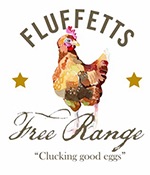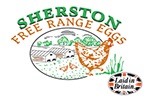Recent work at Wageningen University, has thrown some light on the transmissibility of Avian Influenza between wild birds and commercial poultry units.
The researchers examined dead, wild swans and concluded that there was no possibility of aerosol-generation by the carcases, which could be inhaled by domestic fowl.
It was a different matter with physical transmission from the carcase or droppings produced by the wild bird before death, or live companions which were contaminated, but not yet dead.
The feathers of dead birds also gave strong isolates of the virus, and were found to continue to be positive for some considerable time.
It became clear that poultry farm personnel, and others, could easily pick up infection on their boots from the droppings or on their hands and clothing from handling the carcases.
Rats and scavenging birds could also pick up and transmit the virus from the dead wildfowl. In both human and rodent cases, it would be easy to transmit to confined poultry, without proper precautions.
On encountering a dead wildfowl, or other bird, on no account should it be picked up with bare hands.
Use an inverted plastic bag to retrieve the carcase, which should be submitted, tightly enclosed, to the local APHA office or laboratory for examination, and areas of discovery dealt with appropriately.
Naturally, all anti-bird and anti-rodent measures should be in place all the time. Continued use of house barriers and clothing and footwear changes observed, along with extensive hand washing.









